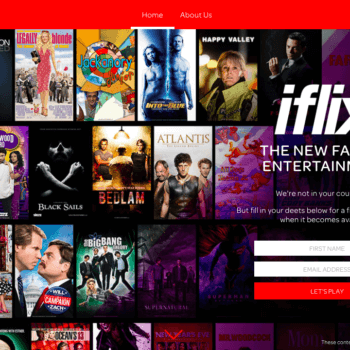Five Mistakes Leaders Make When Hiring
When I ask hiring managers about their process in selecting talent I’m baffled to find that often there isn’t any. One client in particular told me that it never occurred to him to have a standardized hiring process – and he was an engineer!
Here are five misfires that you don’t want to make during your next recruitment
1) Not carefully looking at the ad prior to posting
It’s surprising that most managers admit that they don’t bother to look closely at the ad that HR will post for them. Had they read over the ad they may have found that the job description is outdated. What you needed years ago isn’t what you need today. If the last time you filled the role was five years ago, it’s high time to review the ad carefully prior to posting. Failure to do this will limit your selection pool. As you look at resumes you’ll immediately think they are unqualified but in truth they are just simply responding to the ad that was posted. Slow HR down and work with them in a collaborative manner so that you can get the best candidate for the job.
2) Failing to have an in-depth meeting prior to recruiting
Leaders are often so busy they don’t consider having a meeting with the internal recruiter to ensure they voiced their concerns and qualifications. The magic is in the intake meeting. Questions should be answered around how many years’ experience, the three top drop dead must have skills that are needed, team size and why the last person left. This leads to good information that can be shared with the job applicant to sell the position and also helps make the recruiter seem informed about the job.
3) What’s in it for me?
Writing jobs ads that are enticing is no small feat. Most are boring. Just ask any job seeker and they will tell you ads seem one sided and sterile. Consider Apple’s ads and see why so many people are drawn to that organization. It goes beyond the cool technology. The reader feels like they are a part of something great and will work with intelligent people. With titles like “Truth Leader” and retail jobs holding the title of “Genius” makes anyone curious. Does your ad read like that? Before you post a job ad, consider what’s in it for the job seeker and be able to articulate that during the interview as well. As the market tightens and the war for talent begins, it’s critical that you know how to sell the job as they will be interviewing elsewhere. Tell them what’s in it for them.
4) Having no interview process and treating it like just another meeting
While every day is busy for a leader, treating interviews that are scheduled as just another meeting and going in unprepared is a mistake. To find the best talent, have 5-7 questions outlined that you ask each applicant. Take notes and try not to make any judgments. After the applicant leaves, take 10 minutes and jot down additional notes on attitude, dress and behaviors noted that stood out for you. Putting some sense of process around the hire assists you in the long run so you don’t make snap decisions. It also allows everyone to be interviewed fairly, so that when you review your notes you can quickly see the top talent stand out from the pack.
5) Not Asking About Counter Offers
All leaders during post-recession should make a habit of asking interviewers if they anticipate a counter offer. No matter what the response they should add, “Are you prepared to leave your company regardless of a counter offer?” The counter offer question flushes out if the candidate is just shopping your job or is serious about the position – and you. This also prevents you from getting disappointed. No one likes hiring their second runner up candidate for the job.
Written by Elizabeth Lions. For more about her philosophies, please visit www.elizabethlions.com





























